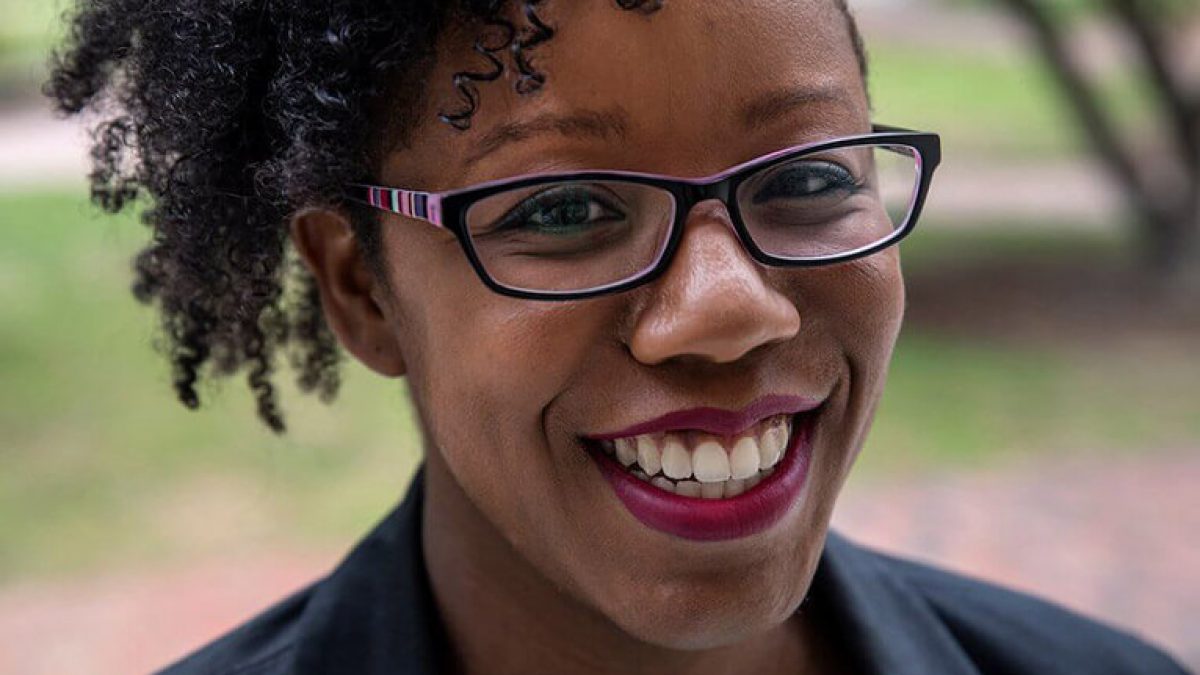Better Living Through Information
Published on September 28, 2017When communities don’t have access to accurate information about preventing and treating disease, the void tends to be filled by rumors and websites

When communities don’t have access to accurate information about preventing and treating disease, the void tends to be filled by rumors and websites
When communities don’t have access to accurate information about preventing and treating disease, the void tends to be filled by rumors and websites—the veracity of which can often be difficult to verify. For individuals living with Autism Spectrum Disorder (ASD) and their family members and caregivers, accurate information is fundamental to living a happy, healthy life. Libraries can and should be anchors for marginalized communities, but to become that critical resource, librarians need to understand how to effectively engage members of those communities and determine their programming and information needs. School of Information and Library Science (SILS) Assistant Professor Amelia Gibson is partnering with the Durham and Charlotte public libraries and the Autism Society of North Carolina for a project that will culminate in the development and dissemination of an online toolkit that outlines community assessment and engagement processes. While this project addresses ASD communities specifically, libraries will be able to use the resulting tools to create different outcomes for different types of marginalized communities, producing an even broader impact.
Gibson is also partnering with the Durham Public Library for a study exploring the health information needs and behaviors of young black women. The project serves as both an examination and a validation of the diverse ways young black women obtain information about their own well-being, including personal health, personal safety and environmental health issues.






